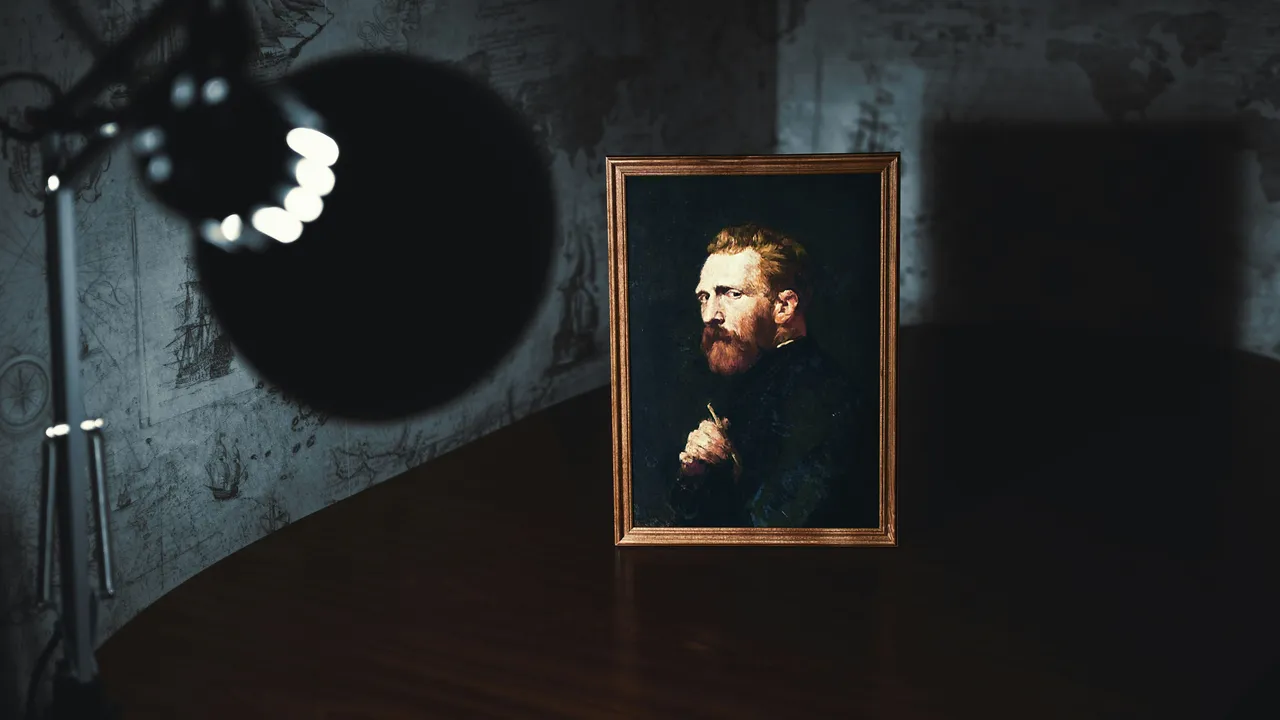
The Power of Storytelling: How Personal Narratives Shape Our World
Discover the transformative power of storytelling and how personal narratives have the unique ability to shape our perceptions, decisions, and the world around us. Dive into the nuances of storytelling's impact in this comprehensive exploration.
The Essence of Storytelling
Storytelling is an ancient art form, as old as humanity itself. It serves as a bridge between generations, a way to transmit culture, values, and lessons. In the digital age, storytelling has transformed but its core essence remains the same: to connect, entertain, and educate. Personal narratives, in particular, have a profound impact on how we perceive the world. They offer a lens through which we can see the lives of others, fostering empathy, understanding, and, ultimately, change.
The power of storytelling goes beyond mere entertainment. It shapes our beliefs, influences our actions, and molds our understanding of the world. Personal narratives allow us to walk in someone else’s shoes, if only for a moment. This connection can break down barriers, challenge stereotypes, and promote social cohesion. The stories we share and consume wield the power to change not just individual perspectives, but societal norms.
The Role of Personal Narratives
Personal narratives are powerful because they are relatable. They speak to the universal truths of the human experience. By sharing personal stories, individuals can highlight issues that might otherwise go unnoticed. These narratives drive social movements, influence policy, and create a sense of community among disparate groups. The authenticity and vulnerability displayed in personal narratives make them compelling tools for advocacy and change.
Moreover, personal narratives have a unique way of conveying complex issues in a digestible manner. They can humanize abstract concepts, making them more accessible and understandable to the general public. This not only increases awareness but also motivates action. Personal stories can inspire others to make changes in their lives, stand up for what they believe in, or simply gain a new perspective on the world.
Storytelling in the Digital Age
The advent of the internet and social media has revolutionized the way stories are told and consumed. Digital platforms have democratized storytelling, giving a voice to those who were previously unheard. Now, anyone with an internet connection can share their story with the world. This has led to a diversification of narratives and a broader understanding of the human experience.
However, the digital age also presents challenges. The sheer volume of stories can be overwhelming, and misinformation can spread easily. It's more important than ever to critically evaluate the stories we consume and share. Despite these challenges, the digital age offers unprecedented opportunities for storytelling to bring about change. By leveraging technology, storytellers can reach a global audience, fostering empathy and understanding across cultures.
The Impact of Storytelling on Society
Storytelling has the power to influence society on multiple levels. Through stories, individuals can challenge societal norms, inspire action, and bring about change. Stories can highlight injustices, drawing attention to issues that require intervention. They can also celebrate achievements, spreading hope and positivity.
The collective impact of storytelling is profound. Stories shape our culture, our values, and our beliefs. They have the power to unite people, spark innovation, and drive progress. As we navigate the complexities of the modern world, storytelling remains a vital tool for understanding and influencing the world around us.
In conclusion, the power of storytelling, especially personal narratives, is undeniable. They shape our perceptions, influence our decisions, and have the potential to change the world. As we continue to share and listen to each other's stories, we foster a more empathetic, understanding, and connected society.
This article was developed using available sources and analyses through an automated process. We strive to provide accurate information, but it might contain mistakes. If you have any feedback, we'll gladly take it into account! Learn more

